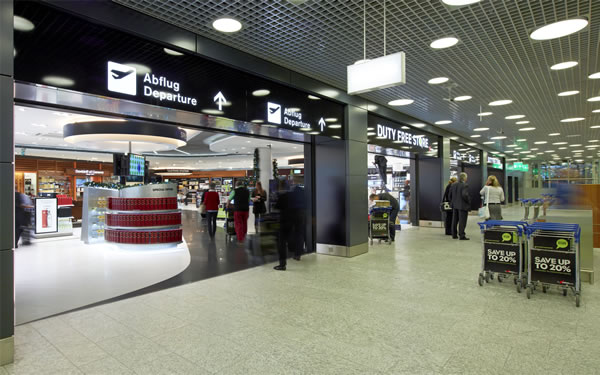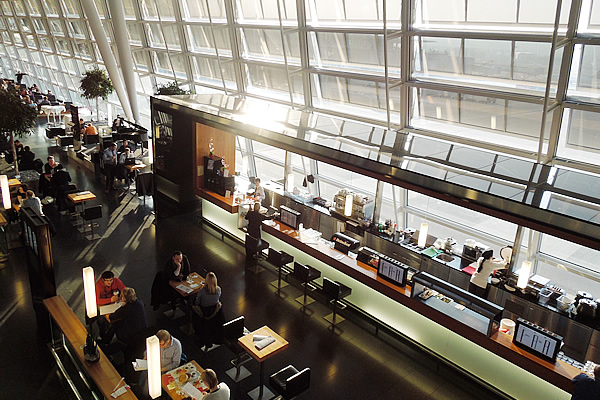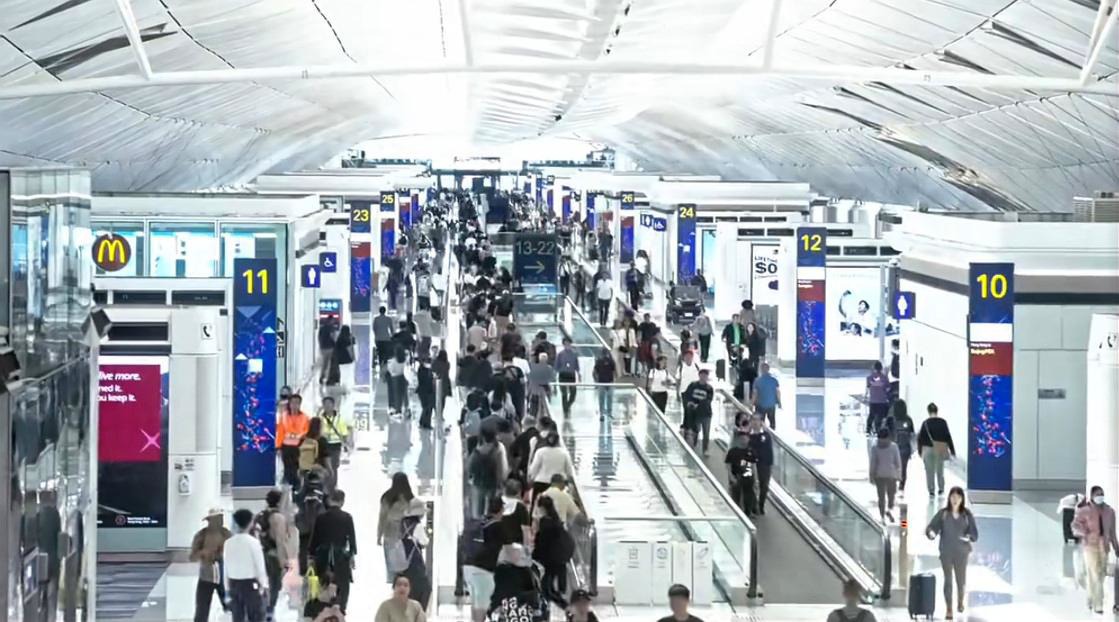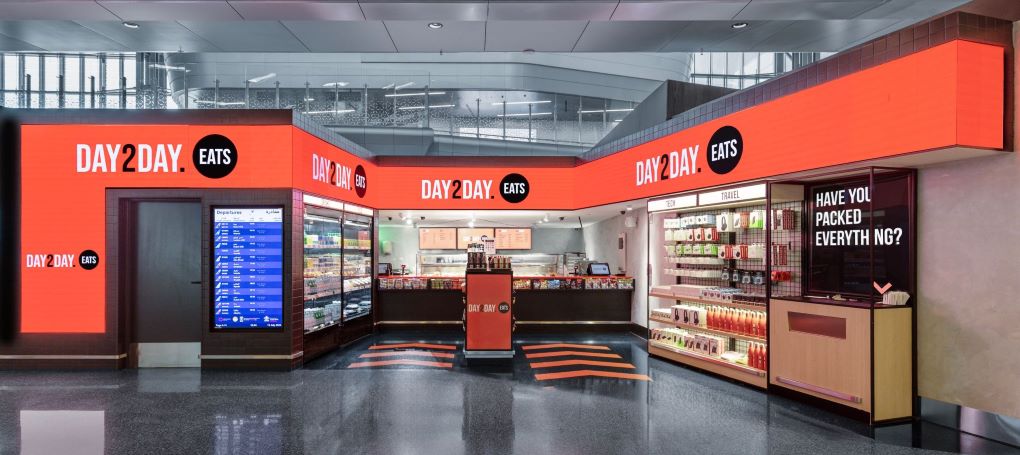 |
“We (together with the vendors and operators) now need to find ways and agreements to adjust our prices to a compatible level“ |
Patrick Graf Senior Vice President Commercial Zürich Airport |
SWITZERLAND. Zürich Airport turned in an impressively resilient commercial performance in 2014 given a difficult trading climate. But it faces huge challenges this year following the Swiss government’s recent scrapping of the three-year-old cap of the Franc against the Euro.
Retail and food & beverage turnover (net sales to consumers) edged ahead by +0.8% last year to CHF541.4 million (US$610 million), with airside sales (see table) up by +2.0% and landside sales down -0.8%.
Net sales per departing passenger fell by -1.6% to CHF42.50 (US$47.90).
Zürich Airport Head Marketing, Retail & Services Patrick Graf told The Moodie Report: “Although we were missing some high spending customers, such as the Russian and Chinese passengers, we again increased our commercial result on airside with a +2% turnover improvement. The duty free, especially, as well as the F&B business performed over proportionately to passenger growth and compensated for the fashion business which is still under pressure because of the ongoing foreign exchange situation [see below] and unfortunate seasonality (bad weather).
“The landside business developed in general at a high level and over proportionately to the local market. However, due to some temporary closings because of the reconstruction of Terminal 2 as well as some larger refurbishments we had to accept a slight negative year-to-date result with -0.8%,” Graf noted.
But 2015 looks like being a whole lot more problematic.
Graf said: “Since the Swiss National Bank (SNB) discontinued the minimum exchange rate of CHF1.20 per Euro on January 15, we are looking at challenging times for the tourism, export and retail businesses.
“Although the SNB set a minimum exchange rate at CHF1.20 per Euro in January 2011 to minimise the risk of a deflationary development, the Swiss market already had to swallow a currency loss of -35% compared to the previous exchange rate of CHF1.55 per Euro at that time.”
He continued: “The perception of Switzerland being a high price island compared to the Euroland and the US has now become a new dimension and will bring a lot of challenges for Swiss retail – and especially for the Swiss travel retail business, since our business is highly dependent on the shopping behaviour of international customers.”
 |
Source: XE |
 |
Source: Zürich Airport |
 |
Source: Zürich Airport |
For Swiss residents the impact has been no less profound. Since Zürich is situated only 30 minutes from Germany, purchasing outside of Switzerland had already become attractive before the government’s currency move, Graf said. Now that trend has been accelerated.
“Not only are weekend shopping trips becoming even more attractive but also holiday makers tend to buy all kind of products outside Switzerland,” said Graf.
“In addition many local people lost money on their savings (stock exchange/Euro & US bank accounts) which will again affect their spending behaviour for more valuable investments such as watches and jewellery.”
Graf said that new technology has made it easy for consumers to compare prices and to order online in other countries and currencies, accentuating the current problem. “We can see that the shift of sales into online and other countries is growing very quickly and on a high level,” he said.
“Therefore “˜bargain/price hunting’ is becoming a new trend – which also includes wealthy people who seek premium and luxury products for the best price.”
Graf said that while Zürich Airport is working on consumer-focused technology it is not yet in the position to connect directly with its passengers and to personalise the offering and services in the way it eventually wants to.
“To avoid a further strengthening of the discount business – which mid-term to long term will have a huge negative impact on the business because people will get used to it – we (together with the vendors and operators) now need to find ways and agreements to adjust our prices to a compatible level, even if we remain slightly more expensive than EU countries.
“If we lower the sales prices as an immediate effect without refund by the vendors, the gross margin will be lowered respectively.”
“In addition we need to further strengthen our service level to make sure that we can justify value for money, especially when it comes to food and other service-relevant businesses.”
FOOTNOTE: Look out for more on the Swiss currency impact in this week’s issue of The Moodie e-Zine.
 |
Click on the above to view the enlarged image (then hover over graphs with your cursor and click for full detail) |
 |
Click on the above to view the enlarged image (then hover over graphs with your cursor and click for full detail) |
 |
Click on the above to view the enlarged image (then hover over graphs with your cursor and click for full detail) |
 |
Source: Zürich Airport |
 |
Source: Zürich Airport |
 |
Retail (above) and food & beverage are both being hit by the dramatic respositioning of the Swiss Franc |
 |




